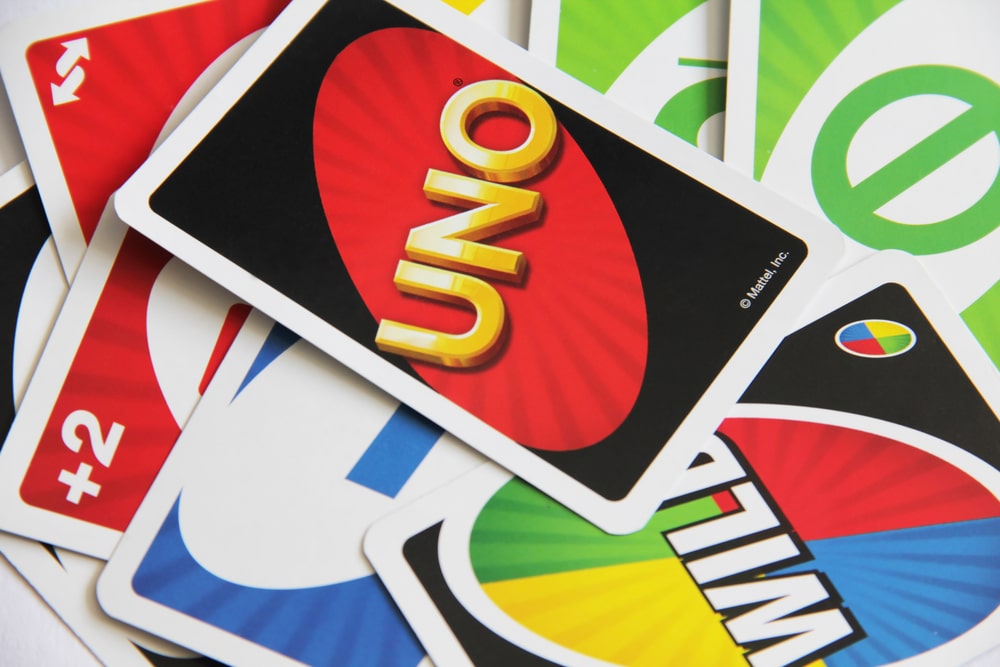Life today is increasingly associated with stress, whether in a workplace or an academic setting. Coping with this fast-paced lifestyle and handling personal as well as external expectations requires a good mix of mental stamina and relaxation.
The ability to relax under pressure and bounce back after a setback is a crucial trait to cultivate in today’s dynamic work environments. Stress must be replaced with zeal. Finding ways to nurture a healthy competitive spirit and win is the key to improving efficiency.
Games are natural stress-busters. Intimately associated with childhood, they promote interest, camaraderie, and enthusiasm – and more importantly, develop key skills. A good game changes perspective develops a winning mindset and inspires one to tackle challenges head-on.
Introduce a fatigued person to a game and there is an observable difference in their behaviour and mood. The defeatist attitude is replaced with excitement. The fatigue often disappears in no time!
Games as therapy
Some games are found to have a therapeutic effect as well. Take, for example, simple rummy, one of the most popular card games in the world. A game of strategy, rummy teaches players to perform under pressure, and be patient. A seasoned rummy player is a good mind-reader and calculates every move he makes with precision.
Higher management skills can be found in a seasoned rummy player. A lot of people who are familiar with how to it tend to sign up and enjoy the online experience, as it has the advantage of being available anytime, anywhere. It can be played for a while every day as relaxation.
Physical and mental dexterity
Another popular one falling in this category is Twister, which requires a person to twist their body according to rules specified by a referee. This is a game of elimination. It helps people understand the importance of adhering to rules at any cost. Twister is also all about physical flexibility. Developing physical flexibility makes a person more active and alert.
Playing Twister relaxes the body and mind. When a body undergoes physical activity, serotonin is released into the bloodstream, removing accumulated stress and fatigue. It rejuvenates the mind and body and therefore has a therapeutic effect. This, in turn, improves efficiency. Playing Twister can relax the body and mind while developing skills.
The power of concentration
Jenga is a fabulous game involving balance, skill, and presence of mind. It requires you to balance a set of blocks one above the other in whatever way possible and then removing each block without upsetting or toppling the entire lot. The game requires concentration and imagination to know which block stays or goes. Eventually, players learn to develop strategies, patience, and spatial awareness. These traits can be of great value for not just children, but also for adults in a work environment, and is often recommended for those combating dementia or absent-mindedness.
Lightening up
Popular card game Uno was created by Merle Robbins. The rules are simple. The one who loses all cards is the winner. If a person is feeling disappointed or low, games like Uno or rummy help in unwinding and calming one’s mind. When the mind is refreshed, it becomes easier to get a clearer picture, and dramatically boosts creativity and improves the thought process.
Last words
Games are therapeutic. To create a positive cultural environment, games must be incorporated as a key component in not just academic circles, but also the workplace. With the games available over the internet, you can start with a rummy card game or similar games and enjoy from any device. Games help develop one’s true potential. A good sportsperson excels at work, develops team spirit, has a positive image, and stays driven and focused. Children who have a well-balanced mix of academic and extracurricular activities develop better social and interpersonal skills.
